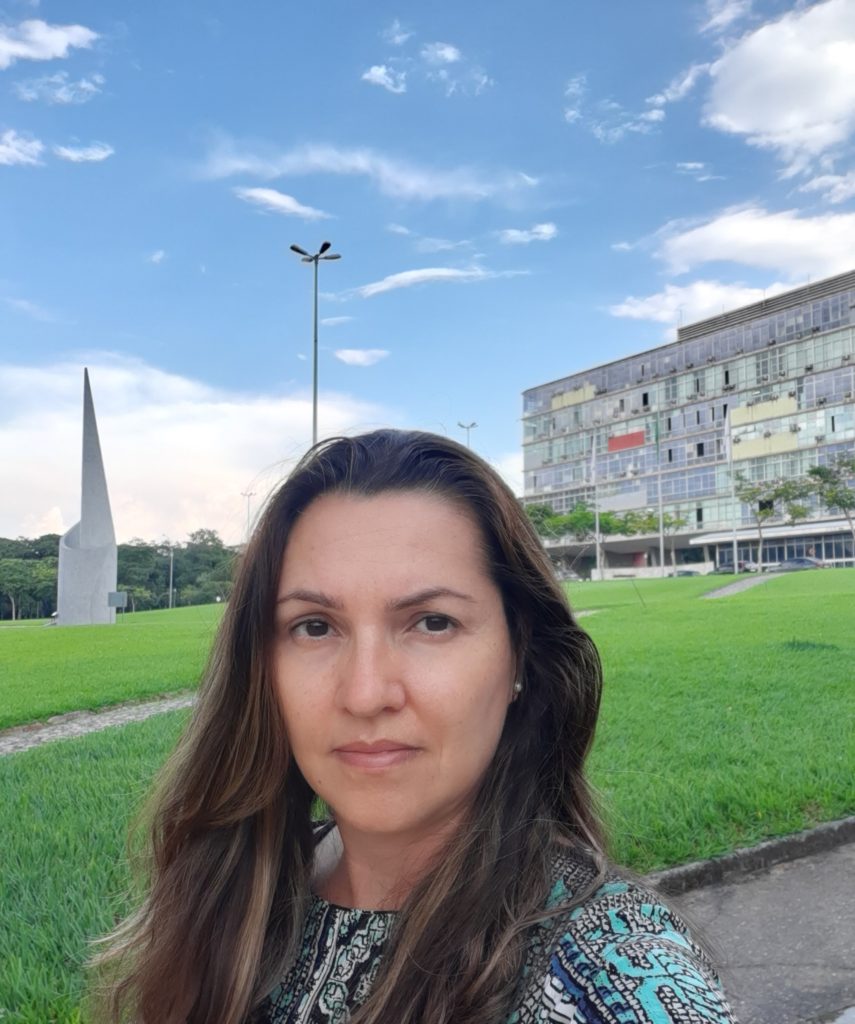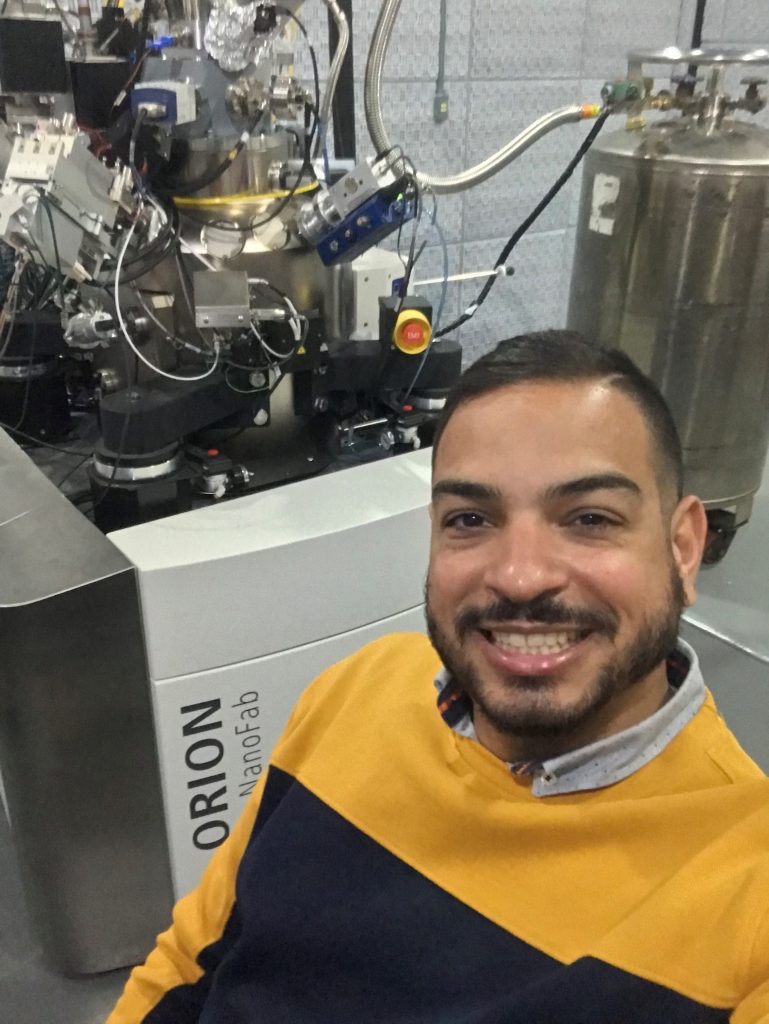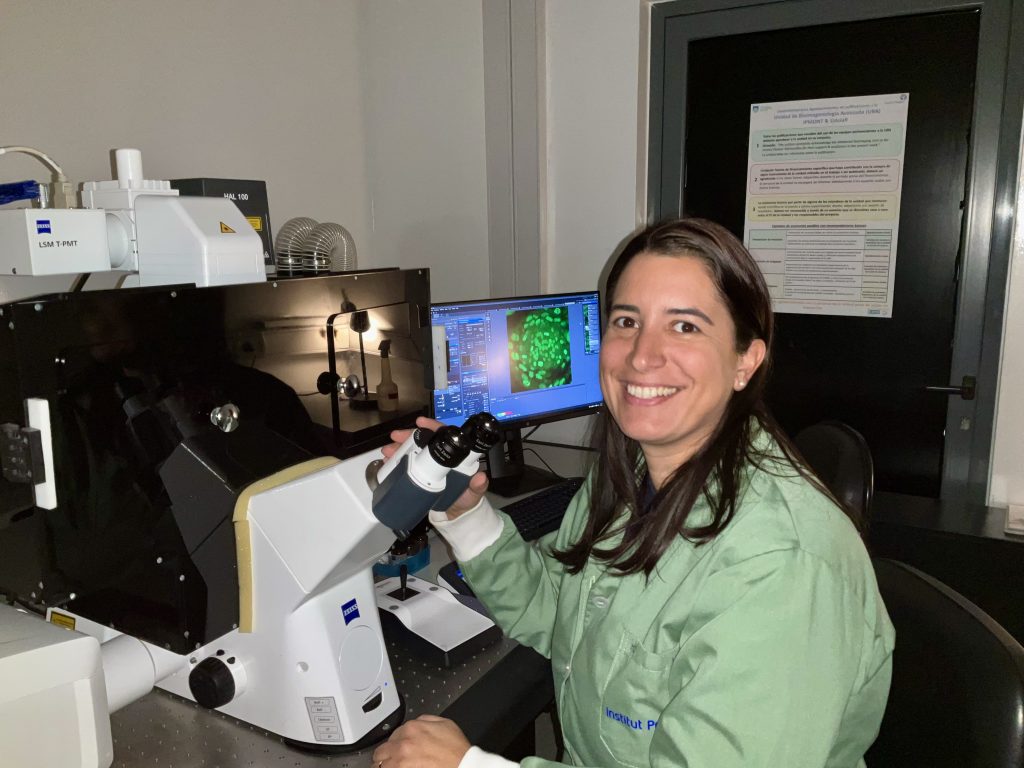Brazil
Brazil is the largest country in Latin America, and is historically one of the countries in the region with among the largest investments in science and technology. Equally, according to the UN environment program, Brazil tops the list of megadiverse countries, hosting up to 20% of the world’s biological diversity. Over the past few decades, Brazil has been a hotspot for research on biodiversity and climate, infectious diseases, and ecology among others.
Amongst its institutes dedicated to research, are the prestigious University of São Paulo, the Federal University of Rio de Janeiro, the Federal University of Rio Grande do Sul, the Federal University of Minas Gerais, the Fundação Oswaldo Cruz, and the Instituto Carlos Chagas, among others. Brazil hosts major institutes dedicated to microscopy, among them the CENABIO, and the Herta Meyer Institute. These are hotspots not just for vanguard microscopy locally and globally, but also for being prestigious centres dedicated to training several generations of microscopy experts.
Brazilian biologists who hold a unique place in the history of microscopy and/or infectious diseases include Carlos Chagas (who discovered Chagas disease, caused by the parasite Trypanosoma cruzi), and Oswaldo Cruz (a physician dedicated to public health and epidemiology). Major funding (local and global) such as Science without Borders, Bill and Melinda Gates Foundation, Chan Zuckerberg Foundation, has allowed many Brazilian researchers to collaborate internationally, both at home and abroad.
In this blog we interview 10 young Brazilian microscopists both at home and abroad, who have made distinguished contributions to microscopy in the context of infectious diseases. Here, they discuss important points in the context of global research including: the strength of Brazilian scientific education, producing independent scientists since very early in their careers; the great quality of the microscopy infrastructure in the country; the significant gender balance that characterizes the Brazilian research workforce (and the importance of female role models); the importance of state-funding that has successfully bridged an economic gap, enabling people from all social backgrounds to engage in research over several decades; the importance of, and commitment to scientific outreach; the challenges of Brazilian researchers working at home and abroad; the importance of open science initiatives for Latin American research; the vision for the future of microscopy in Brazil; the main qualities of Brazilian science (creativity, resilience, and resourcefulness); and a message to scientists abroad on what makes Brazil a great country to visit, highlighting the welcoming and warm-hearted character of the population, as well as the biodiversity/natural and culinary wonders the country has to offer.















